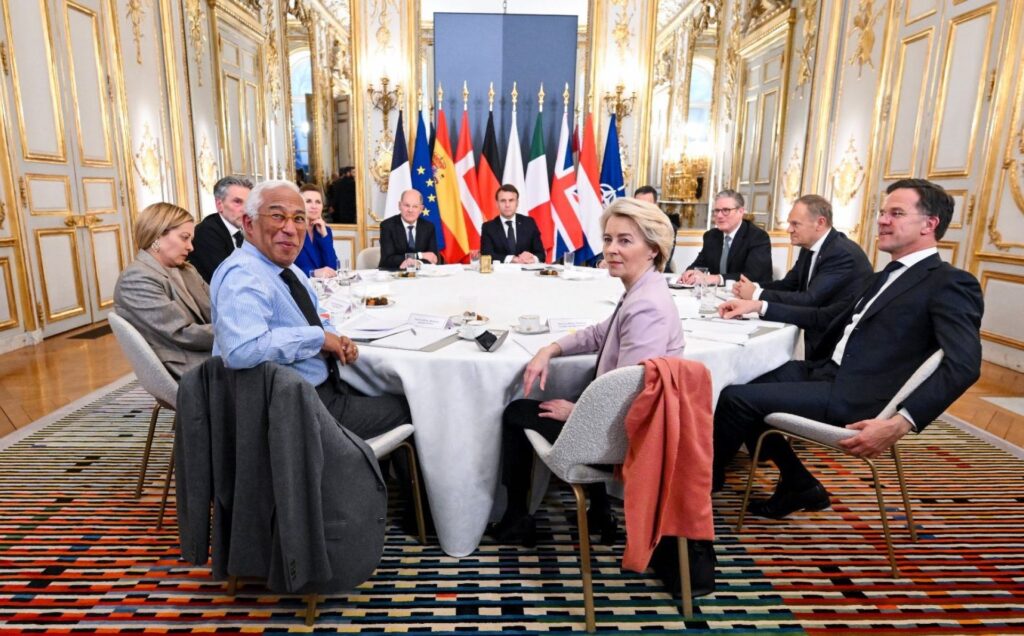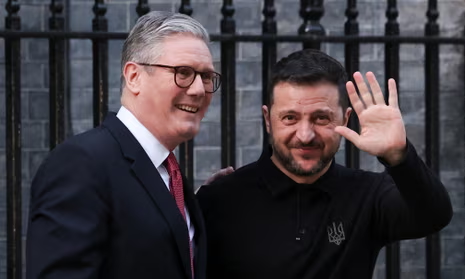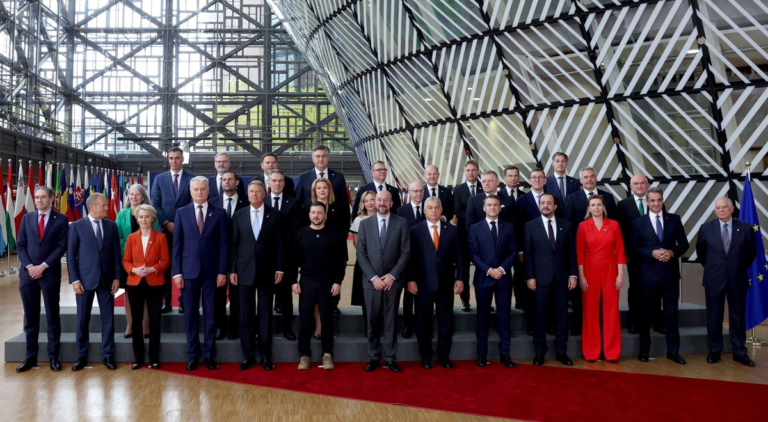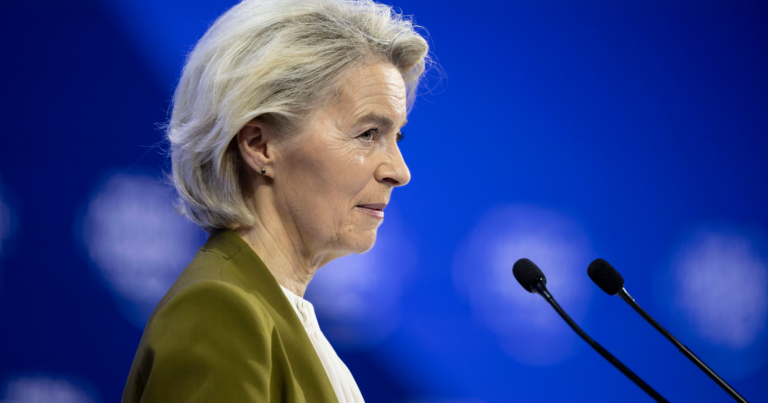In the aftermath of the contentious meeting between U.S. President Donald Trump and Ukrainian President Volodymyr Zelenskyy, European leaders have rallied in support of Ukraine, emphasizing the need for European autonomy in global affairs.

(EU Leaders during a Summit on Ukraine and Europe Security)
Friedrich Merz, leader of Germany’s Christian Democratic Union (CDU) and prospective chancellor, characterized the Oval Office dispute as a “manufactured escalation.” He asserted that it was not a spontaneous reaction but a deliberate provocation, underscoring the necessity for Europe to demonstrate its capacity to act independently.
French Prime Minister François Bayrou echoed this sentiment, describing the incident as a “staggering scene” marked by brutality and an attempt to humiliate Zelenskyy. He condemned the aggressive tactics aimed at coercing Ukraine into submission.
UK’s Commitment to Transatlantic Relations
British Prime Minister Keir Starmer addressed the House of Commons, emphasizing the importance of robust ties between the UK and the US for security, technology, trade, and investment. He affirmed that the UK would never choose between sides of the Atlantic, highlighting the indispensability of these relationships.
European Solidarity with Ukraine

(Ukraine President and UK’s Prime Minister during a meeting on March the 2nd 2025)
In response to the escalating tensions, European leaders convened in London for critical discussions on Ukraine’s future. They collectively agreed to bolster defense efforts to ensure a strong, just, and lasting peace in Ukraine. Starmer declared that Britain is prepared to play a leading role, including deploying troops and aircraft if necessary, in collaboration with allies.
The recent discord between President Trump and President Zelenskyy has prompted a unified response from European leaders, who are now more determined to assert Europe’s autonomy and reinforce support for Ukraine. This incident serves as a catalyst for Europe to reassess its strategic position and commitment to global stability.


